Dementia-friendly BBC tools help trigger memories
The BBC has created dementia-friendly tools and a season of programmes to mark Dementia Awareness week.
BBC RemArc
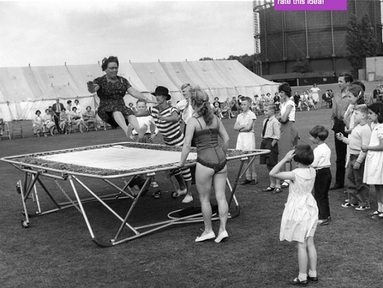
The broadcaster has decided to use its archived content to help trigger memories and conversations in people with dementia. The BBC Reminiscence Archive (BBC RemArc) features video clips, audio clips and images selected from the broadcaster’s archives to aid reminiscence work with people with dementia, their carers and families.
It is hoped material from the past will stimulate the long-term memory of those with dementia and help them interact with others by encouraging them to talk about their past.
Your Memories
'Your Memories' can be used by care workers and family members of those with dementia. They can type in a few biographical details and see a slideshow of relevant photos, music and programme clips that help tell a person's life story, particularly their childhood and early adult life, when people with dementia often retain the most vivid memories.
iWonder
The BBC has produced two online iWonder guides and dementia-specific programming on the subject of dementia.
‘How Close Are We To Stopping Alzheimer’s?’ is presented by University College London neuroscientist Dr Catherine Slattery. It shows how Alzheimer’s affects the brain, introduces a promising new drug trial and discusses whether lifestyle factors like sleep can really make a difference.
A specially-commissioned animation on iWonder allows the audience to show an individual brain cell deteriorating with Alzheimer’s.
The guide is available at: www.bbc.co.uk/guides/z33m4j6
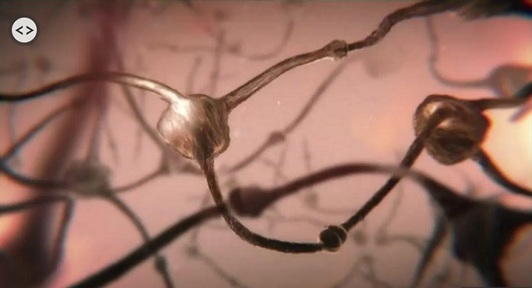
Peter Rippon, editor of BBC Online Archive and Connected Studio said: “Dementia is an increasingly important issue for our audiences.
"The dementia charities and academic experts have been invaluable in helping BBC storytellers and digital teams develop their ideas.
"The RemArc and Your Memories pilots on the Taster platform show the BBC opening up one of its greatest assets, its archive, in collaboration with others for the public good. We will continue the collaboration to develop and test the ideas over the coming months.”
Some 44 million people worldwide now have dementia, and this figure is expected to triple by 2050, as the global population ages.
Use of 'Smart houses'
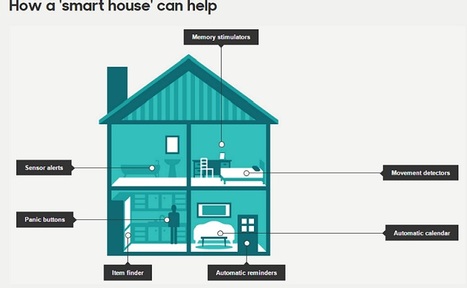
The BBC’s ‘Can Technology Help Defuse The Dementia Time Bomb?’ looks at the ways modern technology, such as ‘smart houses’ can help those living with dementia and provide alternatives to expensive care.
'The Truth About Dementia' (broadcast on 19 May) shows seventy one year-old former BBC newsreader Angela Rippon talking about the disease that took her mother’s life.
Having had scans and blood tests done to see if her genes carry the markers that make her more likely to have Alzheimer’s, Angela Rippon asked her consultant to give her the results. She is told she doesn't have any symptoms and is not at high-risk of getting Alzheimer's.
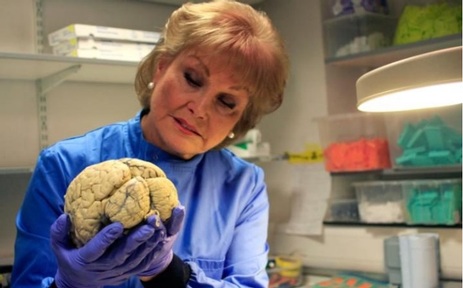
Family living with dementia filmed for two years
A Panorama documentary which was broadcast on 2 June filmed over almost two years, shows one family living with dementia revealing what life is like. Using CCTV cameras, video diaries and a small film crew, the life of 55 year-old Chris Roberts from North Wales is followed as well as his wife Jayne and daughter Kate, after he is given an Alzheimer’s diagnosis.
From making the decision to choose his own care home to writing a living will, getting lost in his own house and not recognising his family, Mr Roberts chronicles his changing life.
In her 80s, Joan Bakewell and others from her generation talk about the fear of dementia. In the Radio 4 programme ‘Suppose I Lose It’, Joan asks what she might expect and how she should prepare if she receives the diagnosis.
Dennis Skinner sings with care home residents
The Radio 2 documentary 'Dennis Skinner Vs Dementia' features Labour MP Dennis Skinner, whose mother and sister had dementia. Dennis has turned to singing songs to fend off the disease and sings with care home residents.
Other BBC programmes already broadcast include :
• Horizon: Curing Alzheimer’s • Trust me, I’m a Doctor: How Can I Avoid Getting Dementia? • Trust me, I’m a Doctor: The Big Brain Maintenance Experiment • CBBC: My Life - Mr Alzheimer and Me • The Doctor's Dementia
To create its season of dementia programming, the BBC has worked with charities Alzheimer’s Research UK, Alzheimer Scotland, Alzheimer’s Society, Dementia Friends, Dementia UK, Join Dementia Research, Playlist for Life, YoungDementia UK, and Wales Dementia Helpline. It also worked with the NHS and the Universities of Dundee, St Andrews and the West of Scotland in developing the resources.
Professor Alistair Burns, NHS England’s national clinical director for dementia, said: “We welcome the work the BBC is doing in support of dementia through their dementia season and online resources. Raising awareness is key in supporting those people living with dementia, families and carers.”
To see the broadcaster’s season of dementia programmes and tools visit: bbc.co.uk/dementia.
Latest Innovative Care News
 13-May-19
'Pink drink' brain cancer treatment rolled out across NHS in memory of Baroness Jowell
13-May-19
'Pink drink' brain cancer treatment rolled out across NHS in memory of Baroness Jowell
 25-Apr-19
Louis Tomlinson helps 83-year-old who lost wife to dementia complete bucket list
25-Apr-19
Louis Tomlinson helps 83-year-old who lost wife to dementia complete bucket list
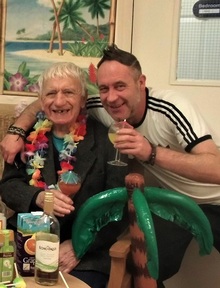 22-Mar-19
UK's top care home handyman takes residents to pub for pie and pint
22-Mar-19
UK's top care home handyman takes residents to pub for pie and pint
 12-Feb-19
Michael McIntyre's jokes tested to see if they stop elderly catching flu
12-Feb-19
Michael McIntyre's jokes tested to see if they stop elderly catching flu
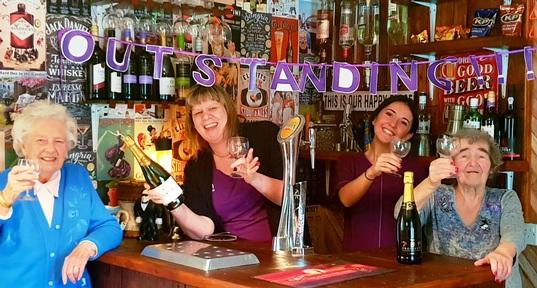 07-Jan-19
'We were lucky to find it': Family's delight as care home is rated Outstanding
07-Jan-19
'We were lucky to find it': Family's delight as care home is rated Outstanding